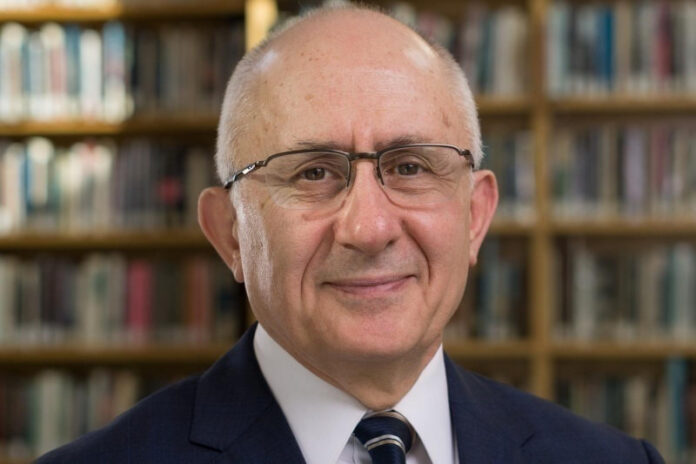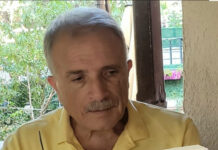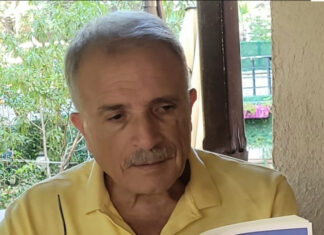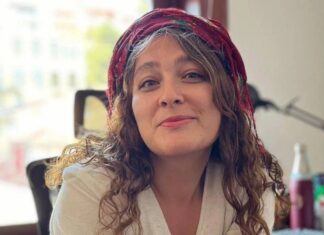By Taner Akcam
Special to the Mirror-Spectator
Holocaust and Genocide Studies is in deep crisis — a profound moral and intellectual collapse.
We live in dark times. At American universities, the principle of “freedom of thought” is under serious attack. Money and power have unleashed a new wave of McCarthyism — marked by political suppression and a culture of intimidation that silences critical voices and fosters repression across campuses. Columbia and Harvard stand out as the most visible examples. At Columbia, students who criticize Israel are being expelled; those without US citizenship face the threat of deportation. At Harvard, the director and associate director of the Center for Middle Eastern Studies were removed from their positions.
Those who recognize these “dark times” understand, as Hannah Arendt once wrote, that “there was nothing secret or mysterious about it. And still, it was by no means visible to all, nor was it at all easy to perceive it.” They believe that something must be done before “the very moment when catastrophe overtook everything.”[1] In such moments, the question of risk becomes critical. One navigates the uneasy space between performative gestures — hollow displays of courage — and the heavy obligation of moral responsibility.
April reminds us — in both Turkey and Armenia — of the Armenian Genocide, which we now commemorate on its 110th anniversary. It is a time when our moral compass exerts a stronger influence over our actions. And this year, it resonates even more deeply, as the “dark times” we are witnessing extend far beyond the erosion of academic freedom. We are also witnessing a collapse of moral integrity within a field that was born out of catastrophe itself: Holocaust and Genocide Studies.








